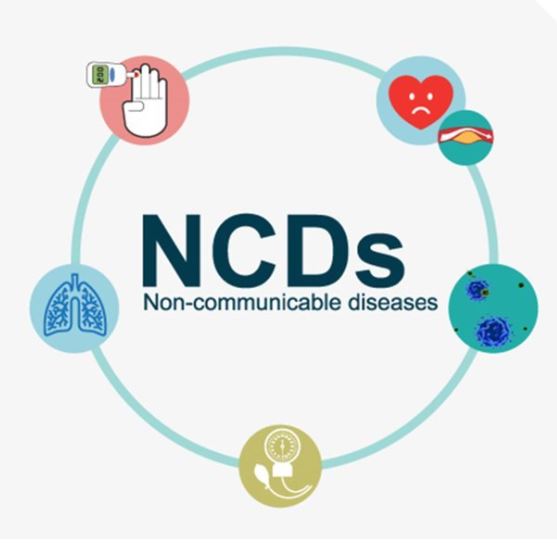A reductionist approach

This topic of “A reductionist approach” is important from the perspective of the UPSC IAS Examination, which falls under General Studies Portion.
Context
Increasing longevity, unhealthy diets and sedentary lifestyles have led to an increase in non-communicable diseases (NCDs) such as heart disease, diabetes and cancers in India, which now account for 64% of the disease burden in the country.
What the editorial is about?
Population-level interventions are missing in India’s approach towards tackling non-communicable diseases (NCDs).
Population health VS Health of individuals
- Population health is more than just the health of all individuals. Suicide rates are an example of the distinction between population and individual health.
- While every individual case of suicide has its own unique aetiology, population rates of suicides tend to display remarkable stability over time, ceteris paribus.
- While individual and population health are inexorably linked, the causes, and thus the interventions required to address them, tend to be different.
- Trying to improve population health with merely individualistic strategies is foredoomed to failure and inefficiency.
Individualistic policy measures
- In the previous decade, the government acknowledged that the focus of Indian public health remained near-exclusively on maternal and child health and infectious diseases for too long.
- The peg was proposed to be moved over to non-communicable diseases (NCD) and chronic illnesses, whose rising prevalence portends huge economic and productivity losses.
- What followed were a set of essentially individualistic policy measures in the form of enhanced NCD screening and management infrastructure, wellness and lifestyle interventions, patient referral mechanisms, and so on.
- What makes the array of population-level determinants of NCDs that are deeply intertwined with social, economic, and political dimensions still remain unanswered.
- To reflect the enhanced policy attention to NCDs in contemporary times, population-level representative surveys seem to be embracing an expanded set of indicators including blood pressure and blood sugar.
The Indian approach to NCDs
- With Health and Wellness centres, publicly financed health insurance schemes, and vertical NCD control programmes, the entire initiative to address NCDs has been subsumed into a largely biomedical paradigm with scarce vestiges of the social sciences.
- The private sector has come to complement this with a large array of self-tests, over-the-counter products, and lifestyle-change gimmicks.
- This is while overarching public interventions, which could also help raise much-needed revenue for health, such as sin taxes, attract hesitancy.
- This reductionist approach rides the crest of an undue reliance on medical and healthcare professionals for all public health solutions, and a policy myopia that fails to appreciate that tackling NCDs warrants action across a range of sectors besides health.
- The bigger menace is that this approach is entrenched in political and public health tradition.
- This even reflects in the way it impacts our research priorities for NCDs, which remain concentrated on lifestyle and individual-level NCD determinants and solutions.
A flawed perception
- In under-resourced systems in particular, what is readily actionable gets actioned and what isn’t so is softly swept under the rug.
- The elusive nature of social determinants has traditionally drawn funders and policymakers towards the better defined, easily actionable, albeit short-lived and inefficient technocratic solutions to mass health issues.
- These technocratic approaches have resulted in a flawed perception that social action for health is a high-order initiative reserved for affluent countries. The reverse is only true.
- Developing settings like India can gain far greater health for every rupee spent, by investing in social determinants.
- The same makes for a strong ethical case as well, by ensuring equitable distribution of such gains.
Way Forward
- For India, NCDs will be a long-drawn challenge. With projected losses due to NCDs in the order of multiple trillions by 2030, the case for investing in inter-sectoral, population-based, socially embedded approaches is ripe.
- This requires a total galvanisation of different departments and sectors to the importance of population health.
- The push for digitisation must be mobilised to generate enough evidence for resolute action on social health determinants.
- Government policy pronouncements will need to enshrine actionable points and explicit mandates to address social health determinants and political circles will have to outgrow the predominantly biomedical paradigm of health.

